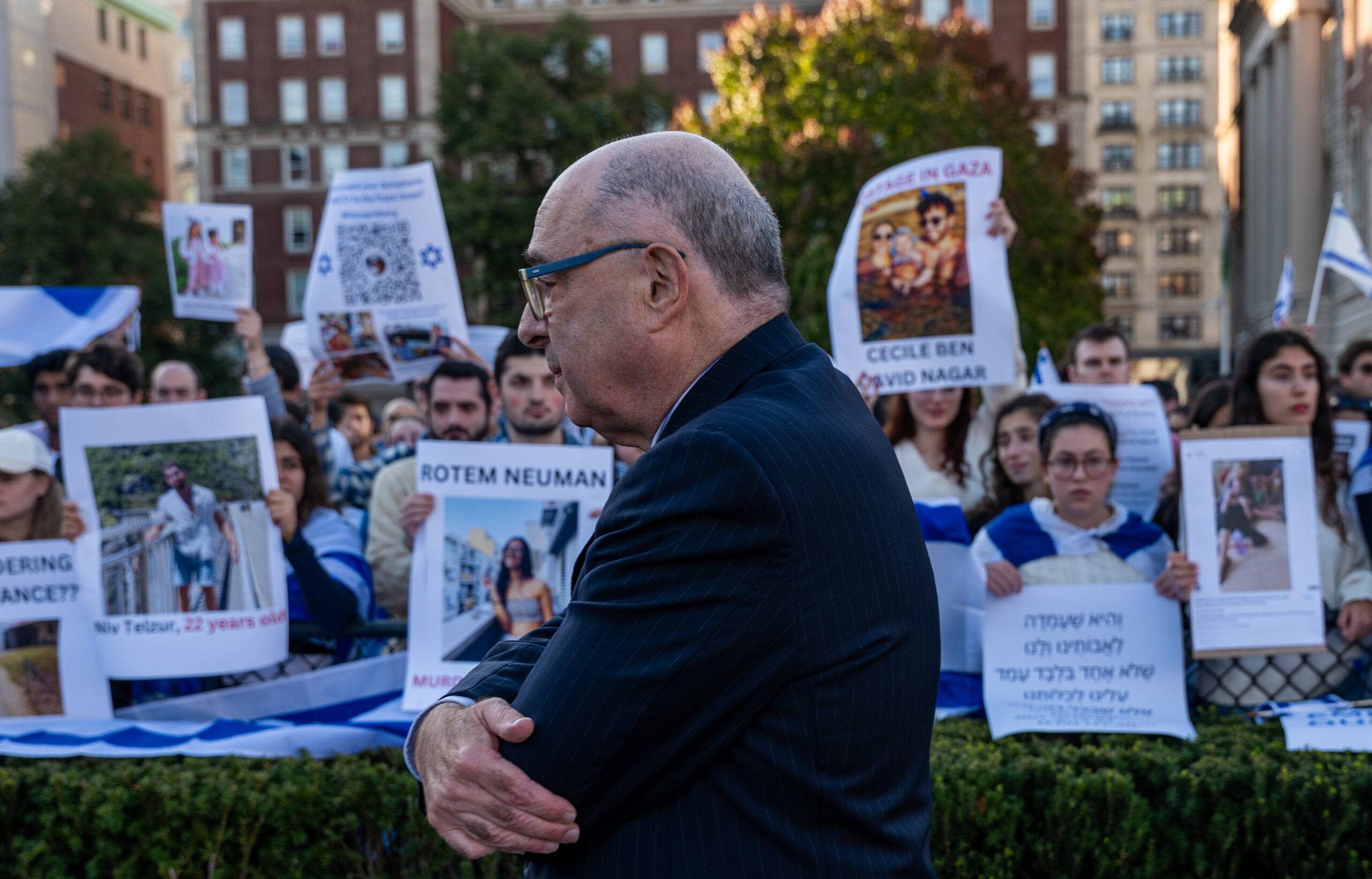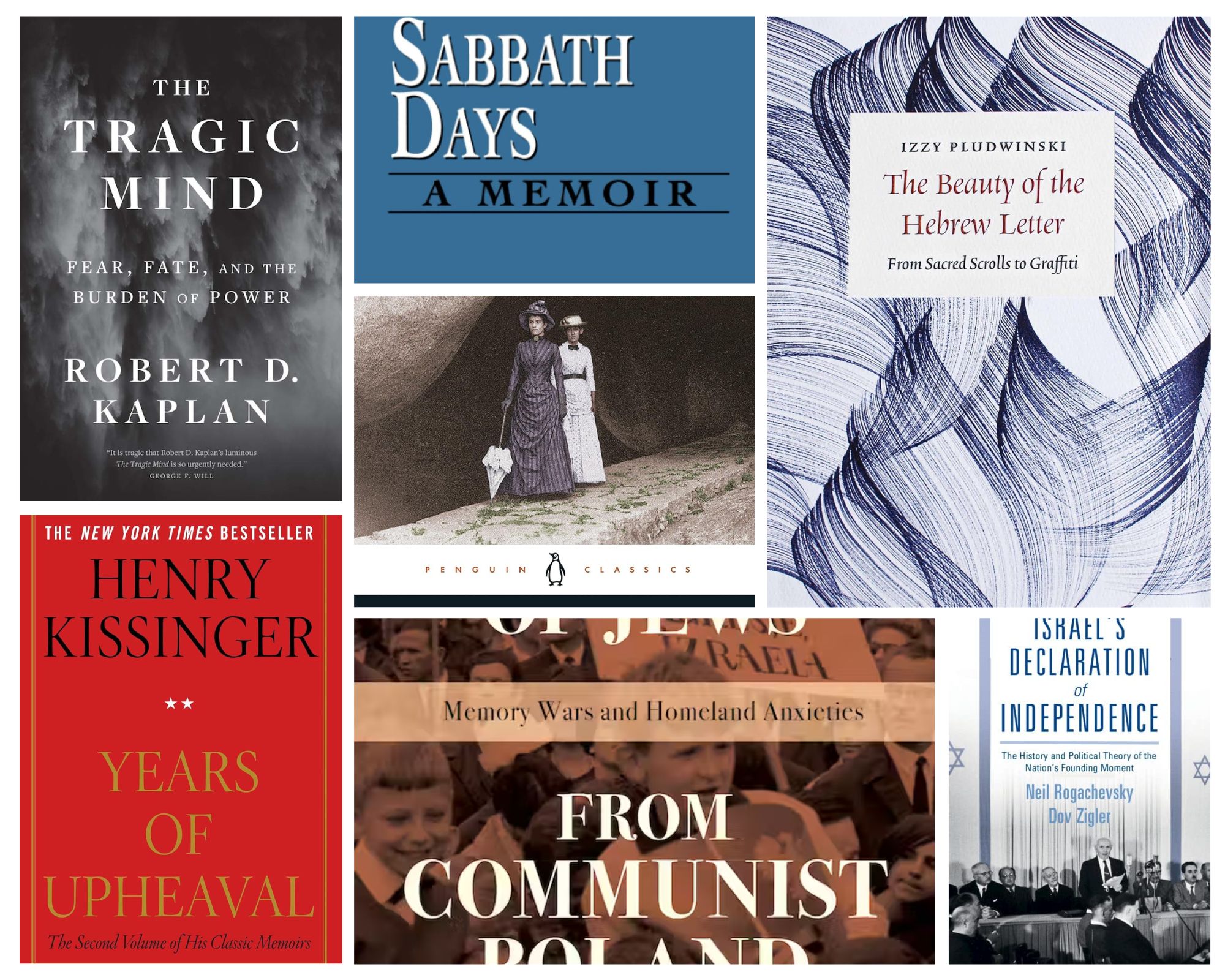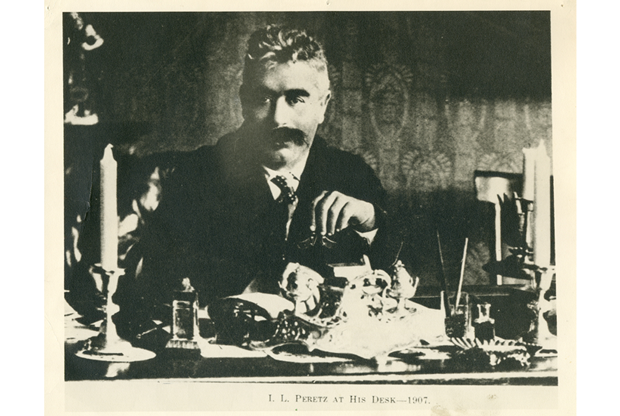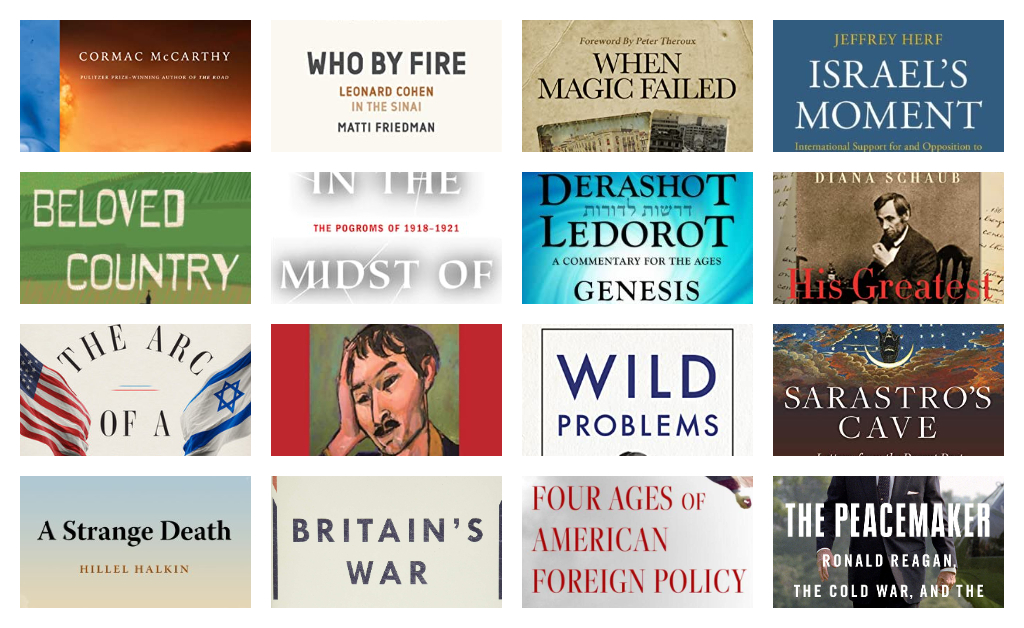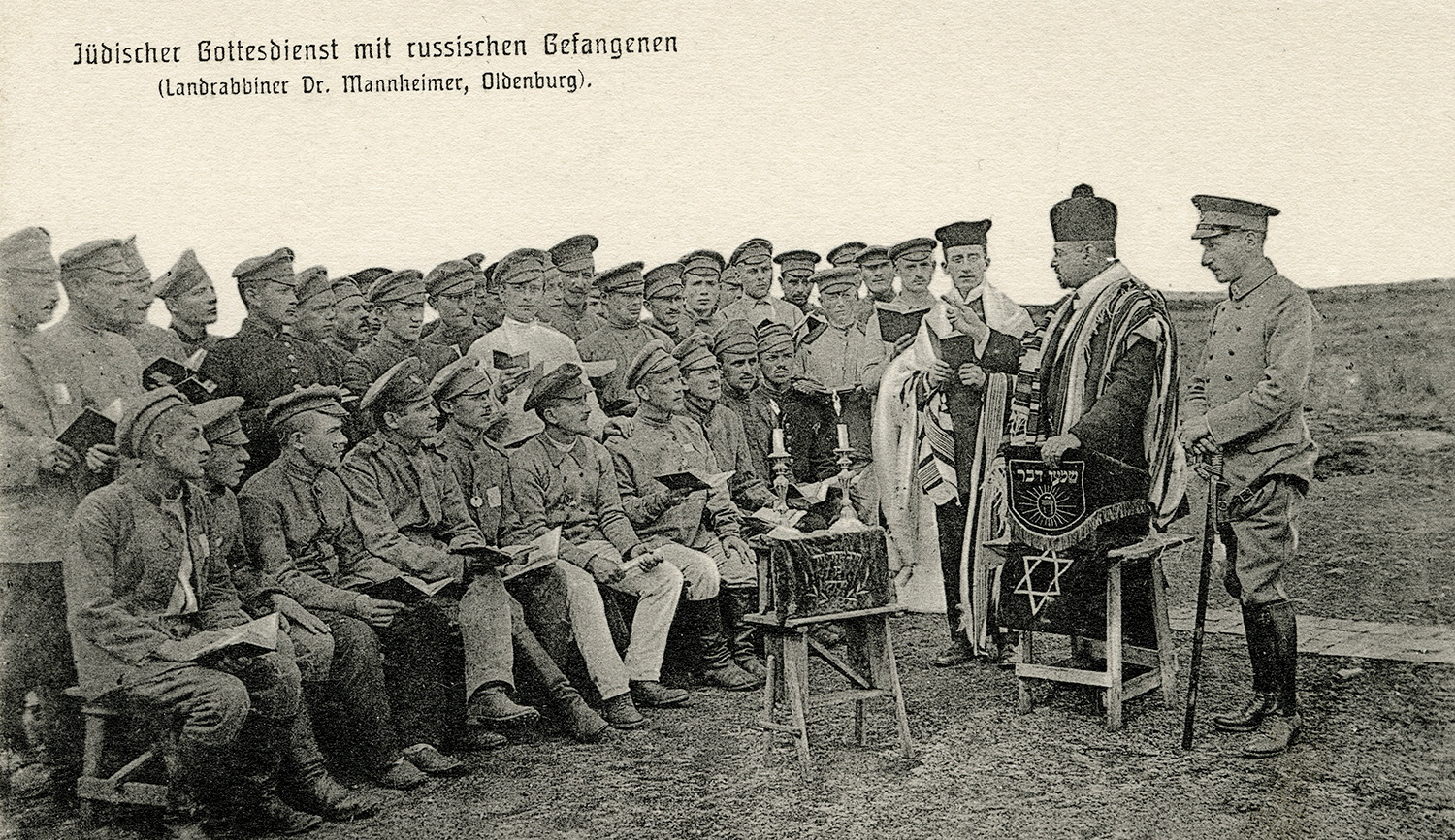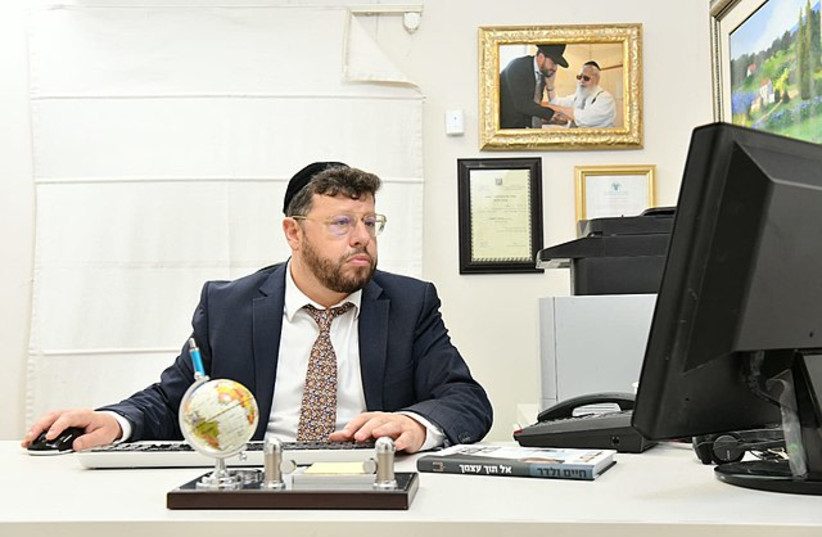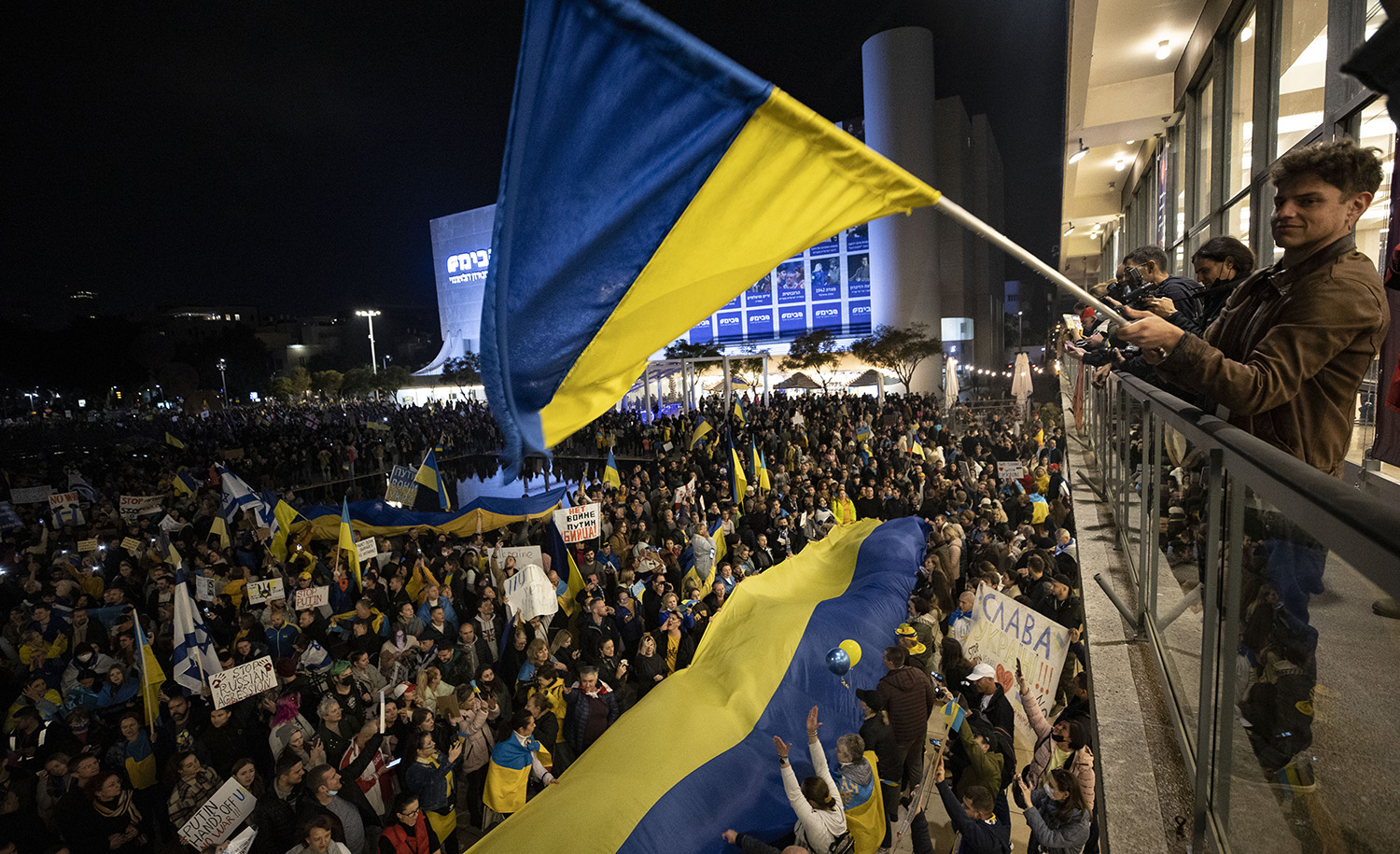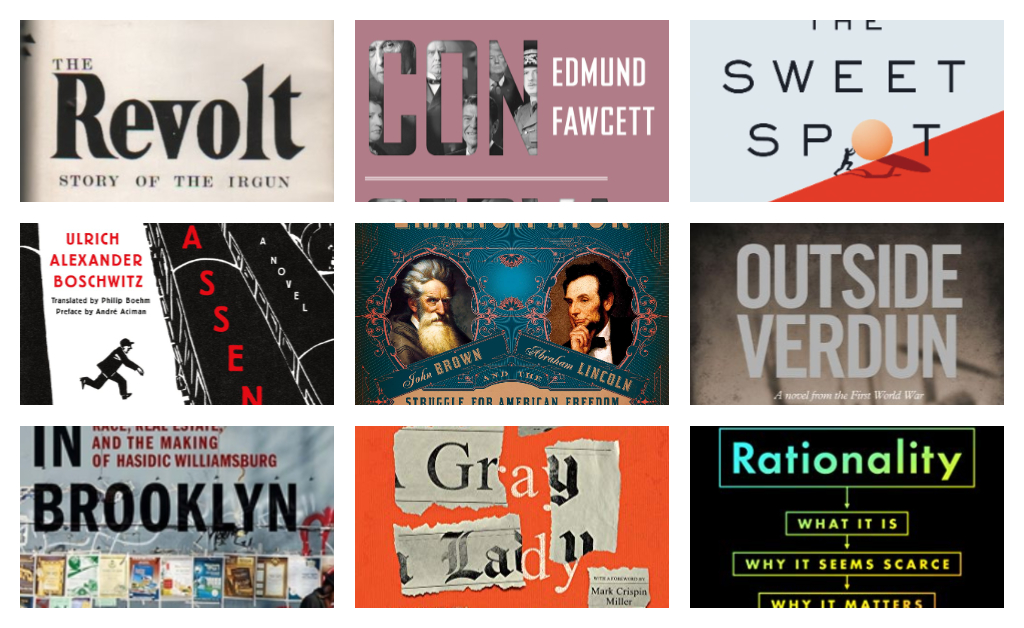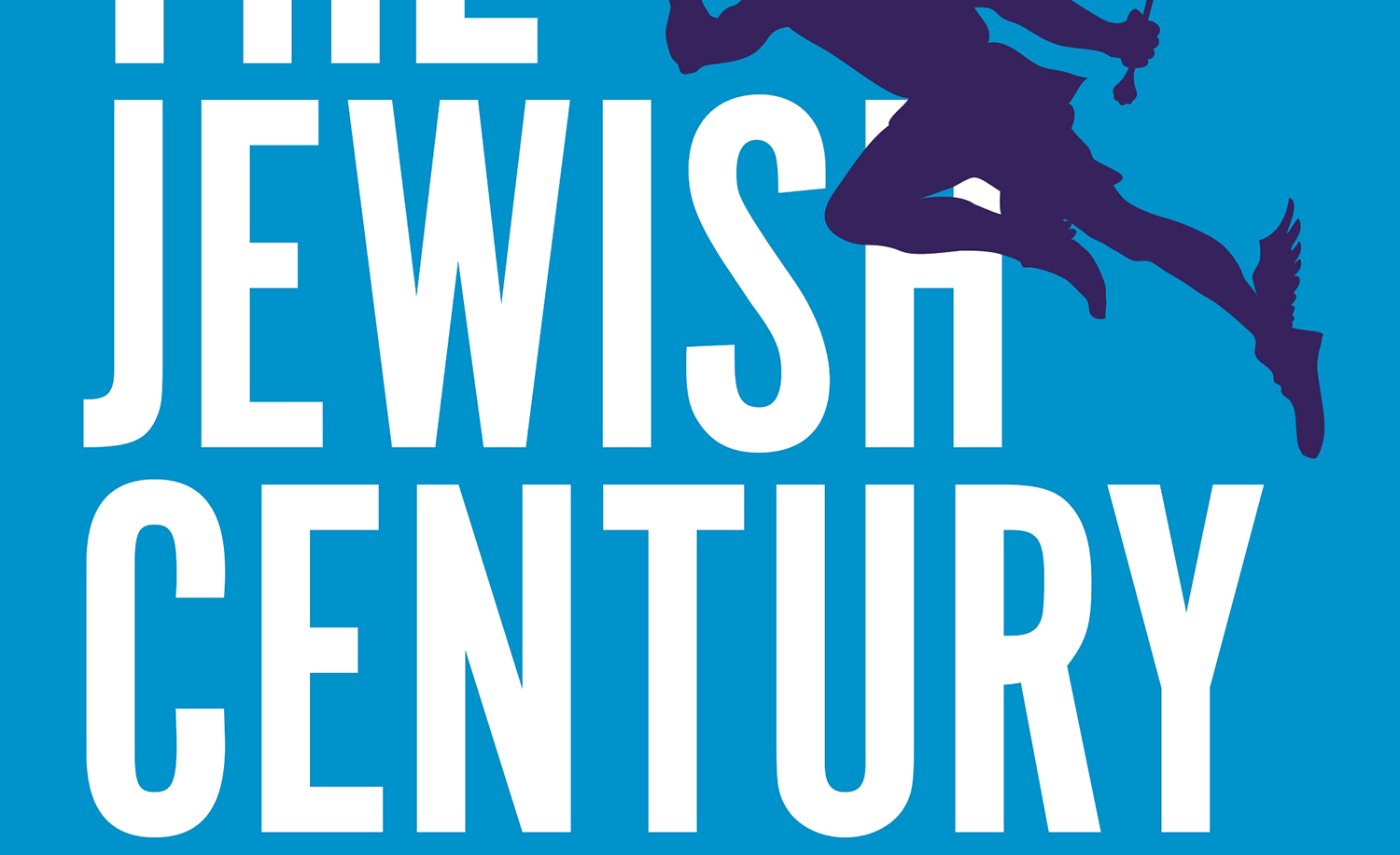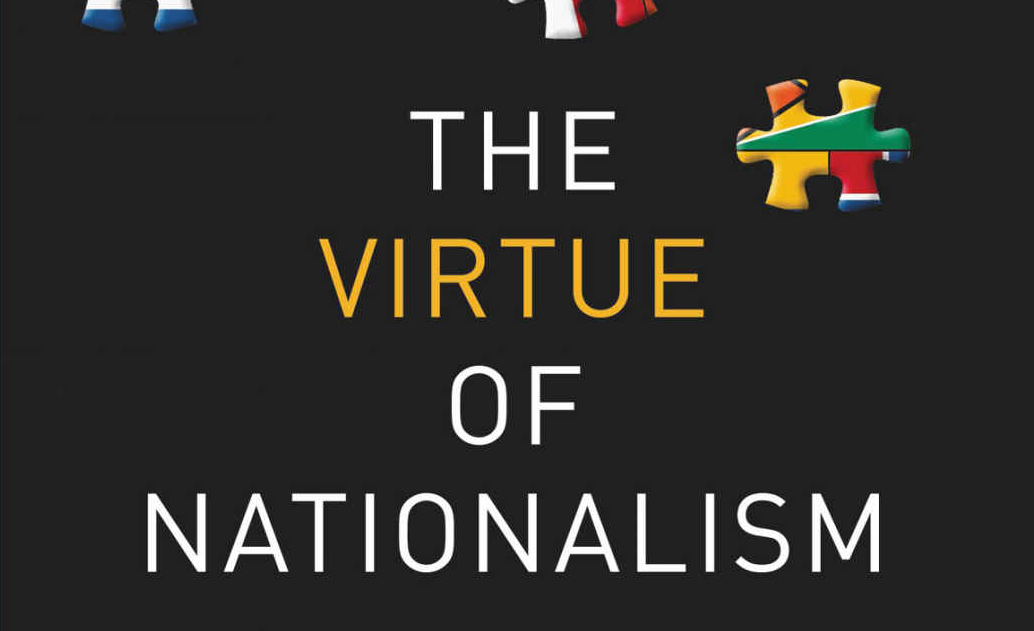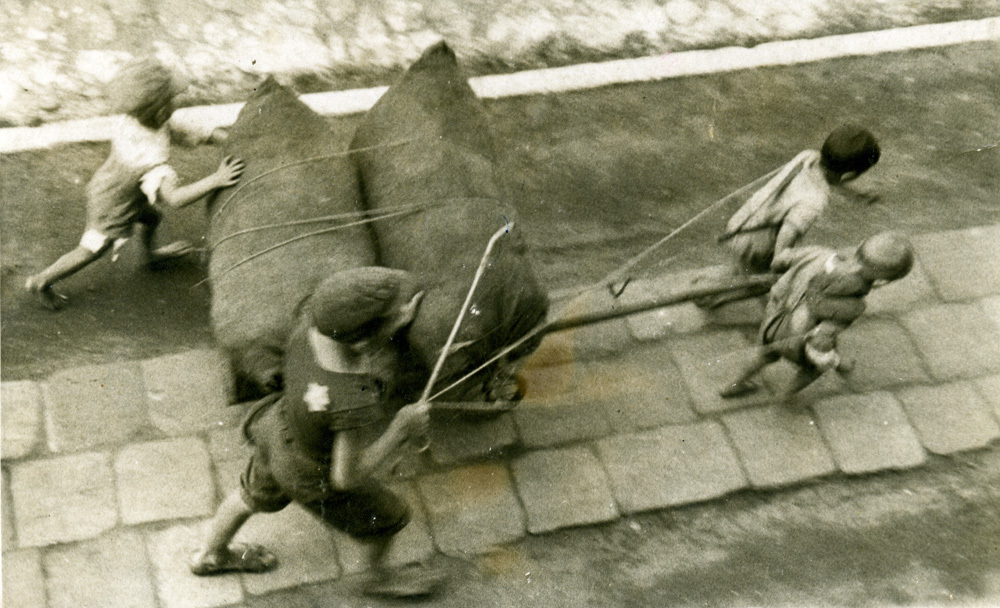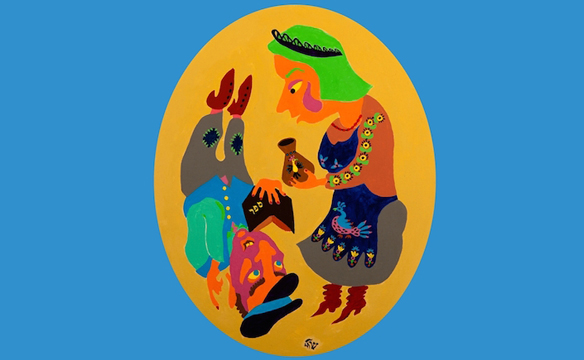Andrew Koss
Andrew N. Koss, a senior editor of Mosaic, is writing a book about the Jews of Vilna during World War I.
Jewish Studies against the Jews
As America’s universities catch fire and its Jewish students grow more fearful, the field most likely to have something to say has remained silent—or worse. How did it go wrong?
The Best Books of 2023, Part II
Featuring fears, fates, burdens of power, memory wars, Sabbath days, Russian writers and timeless questions, years of upheaval, Japanese Jews, and more.
The Presence of Peretz: A Discussion with Ruth Wisse and Andrew Koss
The only Jewish personality who ranks with the Yiddish writer Y.L. Peretz was Herzl, who devoted himself to a similar task in the political domain.
The Best Books of 2022, Chosen by Mosaic Authors
Featuring wars, peacemakers, two cultures, pogroms, plays, four ages, wild problems, caves, magic, letters, American conservatives, liberal parents, radical children, and more.
How World War I Changed the Course of American Zionism
The war and the danger to European Jewry brought with them a fervor that Jewish activists could only wish for these days.
Orthodoxy's Cancel Culture
The recent decision to stop selling the books of a disgraced Orthodox children’s author reflects a pre-liberal sensibility worth recovering.
Israel’s Ukraine Problem, and America’s
The Jewish state has been criticized this week for not standing up for Ukraine against Russia. It would probably like to, but its hands have been tied by its own closest ally.
The Best Books of 2021, Chosen by Mosaic Authors (Part II)
Four more of our writers pick several favorites each, featuring two Ruths, passengers, Lincoln, Verdun, chief rabbis, Jewish Montreal, sweet spots, a fortress, and more.
Yuri Slezkine’s Undiscriminating Eye
How a much-lauded historian with a genius for identifying similarities—but no eye for differences—misreads Jewish history.
What Does the Purim Story Have to Do with Righteous Gentiles?
Precious little, you would think. But actually, thanks to one figure in the story, quite a lot.
How to Defend Nationalism, and How Not to
Defective history and some untenable key distinctions mar a brilliant, necessary, and much-discussed new book.
Do the Ultra-Orthodox Censor Historical Truth?
A new book explains, and over-explains, why ultra-Orthodox authorities resort to Photoshop.
Fresh Light on Life within the Walls of the Warsaw and Łódź Ghettos
Eyewitness reportage from Poland helps explain the Holocaust better than a shelf of well-researched histories.
Busting the Shtetl Myth
What you think you know about Jewish life in Eastern Europe is wrong, argues a fascinating (but problematic) new book.
